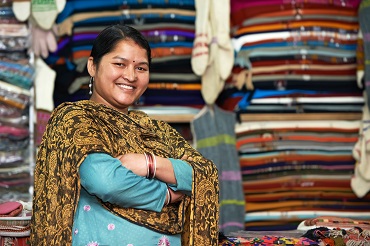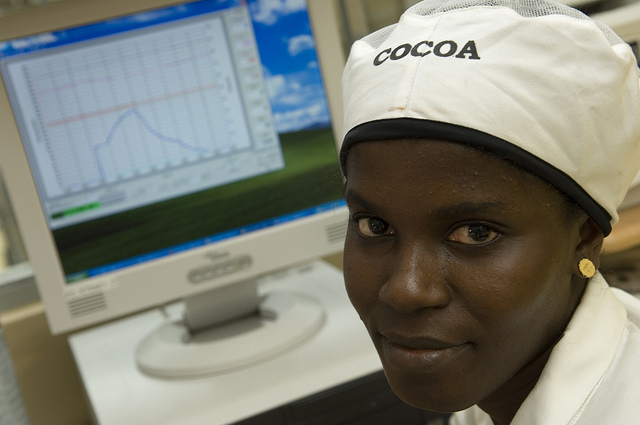Blog
G20 support for data improvement
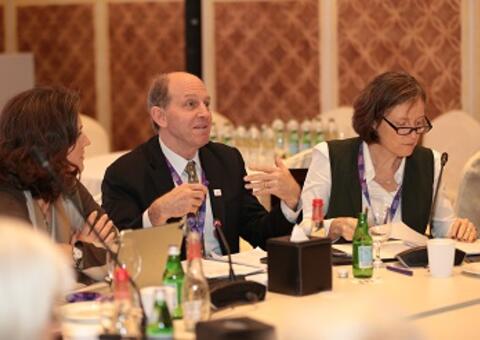
My participation in the We-Fi MENA Regional Summit – Dubai 16-17 February 2020
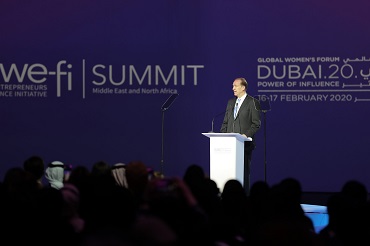 The We-Fi Regional Summit was held in parallel with the Global Women’s Forum Dubai – the power of the women congregating for this event was evidenced by the presence, among others, of both President David Malpass of the World Bank and President Kristiana Georgieva of the International Monetary Fund, Vice President for the Middle East and Africa of the IFC, Sergio Pimenta, as well as both Sheikh and Sheika Maktoum of Dubai among the opening speakers.
The We-Fi Regional Summit was held in parallel with the Global Women’s Forum Dubai – the power of the women congregating for this event was evidenced by the presence, among others, of both President David Malpass of the World Bank and President Kristiana Georgieva of the International Monetary Fund, Vice President for the Middle East and Africa of the IFC, Sergio Pimenta, as well as both Sheikh and Sheika Maktoum of Dubai among the opening speakers.
The World Bank Group announced two new initiatives to improve access to start-up financing and e-commerce markets for women entrepreneurs, at the We-Fi MENA Summit.
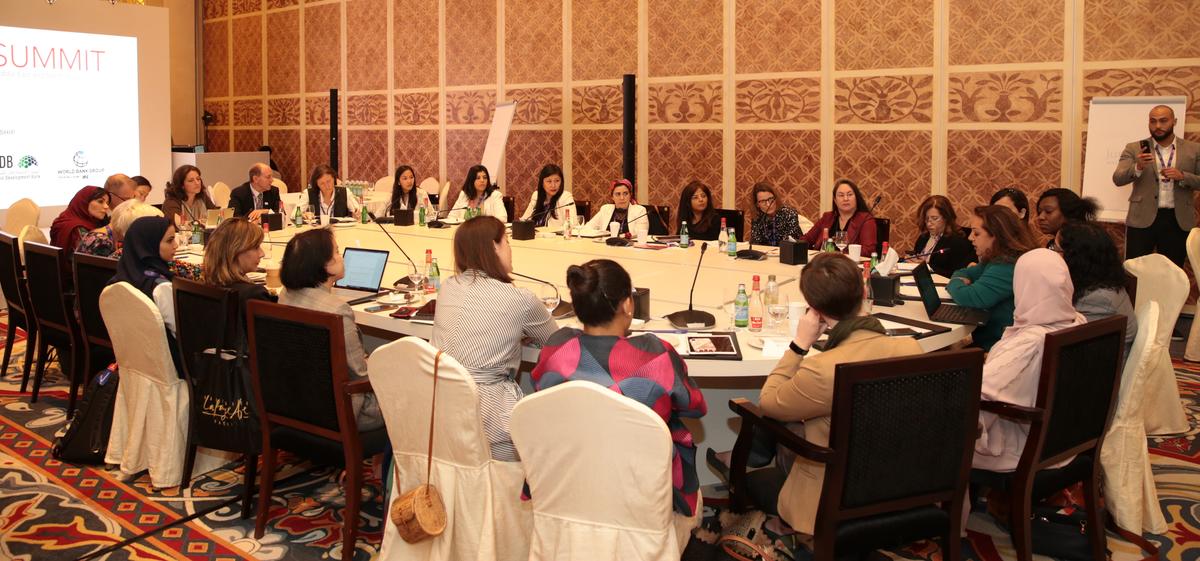 My role was to chair the We-Finance Challenge Roundtable, in which we discussed how we might coordinate the efforts of regulators, multilateral development banks, and others to improve the tracking of women entrepreneurs’ financial access. While the G20 sunsetted its work on financial inclusion data during the Australian presidency of 2014, based on the Maya Declaration by emerging market regulators to improve data availability, among other initiatives of its data working group, the SME Finance Forum’s recent stocktaking of data availability (about to be released by the G20’s Global Partnership for Financial Inclusion) showed that regular data on financing for SMEs as a whole, not to mention more disaggregated data by gender, youth, agriculture, and other factors, still is not available for most countries. There is no country-level aggregation provided by regulators or other authorities. Perhaps more concerning, there is very limited institution-level data available for most of the clients of development finance institutions, including the IFC.
My role was to chair the We-Finance Challenge Roundtable, in which we discussed how we might coordinate the efforts of regulators, multilateral development banks, and others to improve the tracking of women entrepreneurs’ financial access. While the G20 sunsetted its work on financial inclusion data during the Australian presidency of 2014, based on the Maya Declaration by emerging market regulators to improve data availability, among other initiatives of its data working group, the SME Finance Forum’s recent stocktaking of data availability (about to be released by the G20’s Global Partnership for Financial Inclusion) showed that regular data on financing for SMEs as a whole, not to mention more disaggregated data by gender, youth, agriculture, and other factors, still is not available for most countries. There is no country-level aggregation provided by regulators or other authorities. Perhaps more concerning, there is very limited institution-level data available for most of the clients of development finance institutions, including the IFC.
The workshop I chaired considered how certain countries are making progress in this area, most notably the UK, led by a consortium of banks, and in Egypt, led by the Central Bank. Our expert commentators discussed how both top-down and bottom-up efforts are necessary. Top-down can include regulators requiring this information, and development banks also mandating it in covenants; but development banks need to work on coordinating their disparate requests of financial institutions who often have to report to several of them, as well as on harmonizing their definitions and timings to conform with existing reporting to national regulators. Bottom-up efforts, such as those inspired by the Rose Report in the UK, focus on showing banks why it’s good business to measure and serve the women entrepreneur market – on training and capacity building to help financial institutions adapt to the different demands of this large, underserved segment.
The workshop concluded with seeing opportunity in ongoing work, supported in six countries by Data 2x, the Gates Foundation, and others to set further examples, and with another opportunity, given the Saudi G20 presidency’s priority focus on digital financial inclusion for SMEs, women, and youth, to obtain wider G20 support for data improvement.
It may be necessary to do some “un-setting” of the data in the work of the G20’s Global Partnership for Financial Inclusion.
For more on data available on SMEs, visit our recently updated data sites at the SME Finance Forum’s website.
(In the picture: David Malpass - World Bank President at We-Fi Summit)












